Salesforce Integration Architect
Students who aspire to become Certified Technical Architects after completing their Salesforce Platform Developer I certification can consider enrolling in the Salesforce Integration Architecture Designer certification training course. This session offers a wonderful opportunity to study and practice for the certification under the guidance of a guided mentor.
Overview
The role of a Salesforce Integration Architect is specialized in creating and executing plans for integrating Salesforce with other databases, apps, and external systems. Using bespoke development, MuleSoft middleware, and Salesforce’s extensive set of APIs, this expert guarantees smooth data interchange and functionality across platforms. This results in effective, scalable connections.
Who should attend this Integration Architect Training Course?
- System Architects
- Solution Architects
- Enterprise Architects
- IT Consultants
- Software Developers
- Technical Project Managers
- IT Managers
- Cloud Integration Specialists
- API Developers and Managers
What will I learn in this Integration Architect Training course?
In this Integration Architect Training course, you will learn the fundamental principles of integration architecture, including designing and implementing effective integration solutions. You will gain in-depth knowledge of integration technologies, patterns, testing strategies, governance, and troubleshooting techniques to excel in your role as an Integration Architect.
Our Package
- Overview of Integration Architecture
- Role and Responsibilities of an Integration Architect
- Understanding the Importance of Integration in Modern Enterprises
- Integration Patterns and Styles
- Overview of Various Integration Technologies
- Service-Oriented Architecture (SOA) and Its Components
- Message-Oriented Middleware (MOM) and Event-Driven Architecture (EDA)
- Application Programming Interfaces (APIs) and Microservices
- Integration Platforms and Tools
- Gathering Integration Requirements
- Analyzing System Landscapes and Identifying Integration Points
- Designing Integration Solutions Based on Business Needs
- Planning Integration Projects and Creating Project Timelines
- Considering Scalability, Performance, and Security Aspects in Integration Design
- Common Integration Patterns and Their Applications
- Point-to-Point Integration vs. Hub-and-Spoke Integration
- Publish/Subscribe Model and Event-Driven Integration
- Transformation and Mapping Techniques
- Error Handling and Exception Management in Integrations
- Establishing Integration Governance Practices
- Ensuring Compliance and Regulatory Requirements in Integrations
- Implementing Security Measures in Integration Architecture
- Authentication, Authorization, and Encryption Techniques
- Auditing and Monitoring Integration Processes
- Testing Strategies for Integration Solutions
- Unit Testing, Integration Testing, and System Testing
- Test Data Management and Test Environment Setup
- Continuous Integration and Deployment Pipelines
- Managing Versioning and Change Control in Integration Projects
- Monitoring and Troubleshooting Integration Processes
- Performance Tuning and Optimization Techniques
- Managing and Resolving Integration Errors
- Upgrading and Scaling Integration Solutions
- Maintaining a Healthy Integration Architecture
Upcoming Batch
April 20th (Weekends)
FRI & SAT (4 Weeks)
08:30 PM to 01:00 AM (CDT)
April 18th (Weekdays)
MON – FRI (18 Days)
10:00 AM to 12:00 PM (CDT)
Salesforce Integration Architect FAQs
Integration Architects are responsible for gathering integration requirements, designing integration solutions, selecting appropriate technologies, implementing integration patterns, ensuring security and compliance, managing testing and deployment, and optimising integration processes for optimal performance.
Yes, the Integration Architect Training course is designed to be easily accessible and understandable, providing comprehensive content and guidance to ensure a smooth learning experience. The course is structured to cater to learners with varying levels of expertise, making it approachable for both beginners and professionals in the field.
The passing score for the Salesforce Integration Architect certification exam is 67%, but it’s essential to verify the latest requirements through the official Salesforce certification website, as this may change

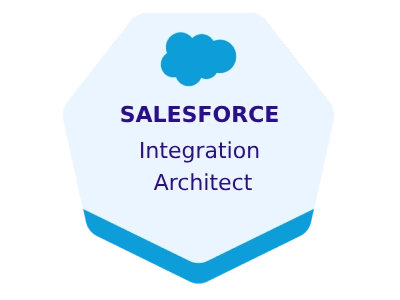
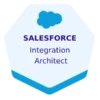
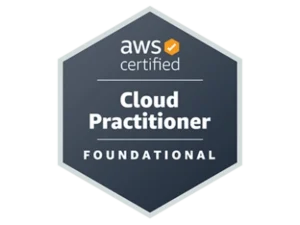
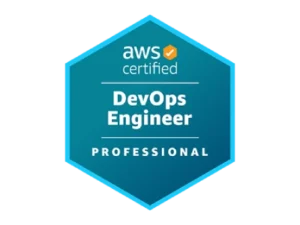
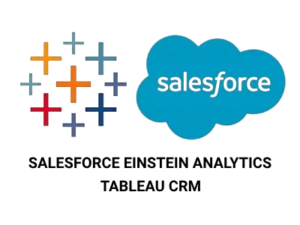


Reviews
There are no reviews yet.